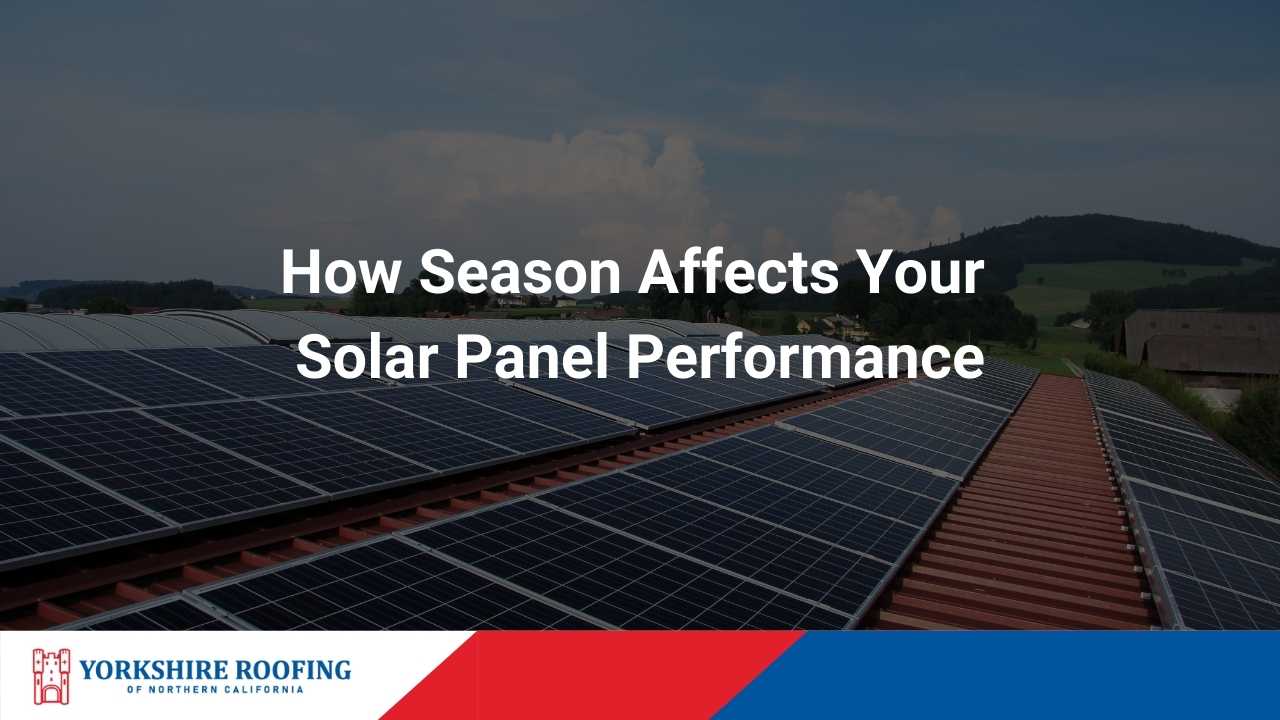
How Season Affects Your Solar Panel Performance Yorkshire Roofing
Discover how long solar panels typically last, and how quickly solar panel performance degrades over time. Written byMelody Abeni. ☀️ Most monocrystalline solar panels have a lifespan of around 30-40 years. 📉 Solar panels will still work after 25 years, just less efficiently.
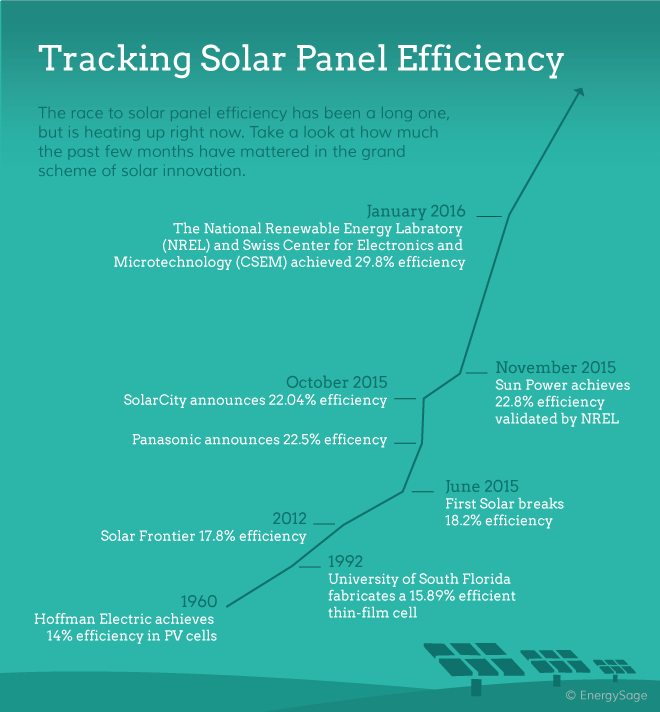
How Important is Solar Panel Efficiency? Sungenia Solar
The degradation rate of solar panels is the speed at which their efficiency and output decrease over time. This is typically measured as a percentage of annual power output lost.

How Well Do Flexible Solar Panels Perform?
The rate at which degradation occurs will vary depending on various outside factors. Hail, dust, sand, and corrosion of the frame itself can lead to cell contamination that can accelerate the degradation and quickly decrease the solar panel efficiency over time. Year 1. 2-3% loss. 97%.
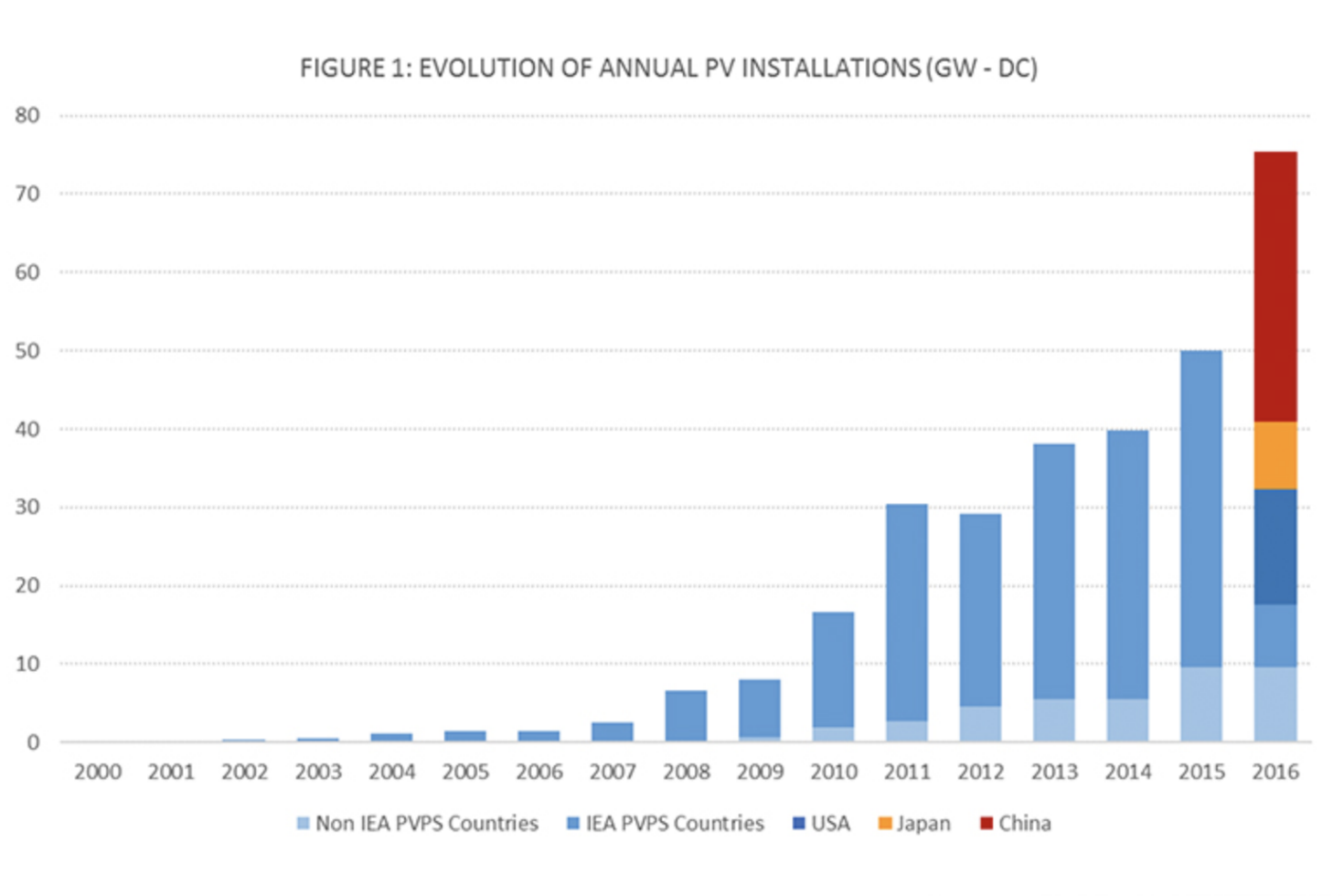
What will happen to solar panels after their useful lives are over?
Don't Worry About It. Solar panel efficiency degrades as time goes by, but experts say you're unlikely to notice. A solar panel's efficiency degrades so slowly that you probably won't even notice.

Solar panel performance for battery charging Download Scientific Diagram
A 0.25 percent degradation rate means that every year, your panels will operate at 0.25 percent of the output of the previous year. In other words, if your system generated 10,000 kilowatt-hours (kWh) in its second year, it may generate a modest 9,975 kWh (10,000 x 0.25% = 25) in its third year. Despite what we said above, solar panel.
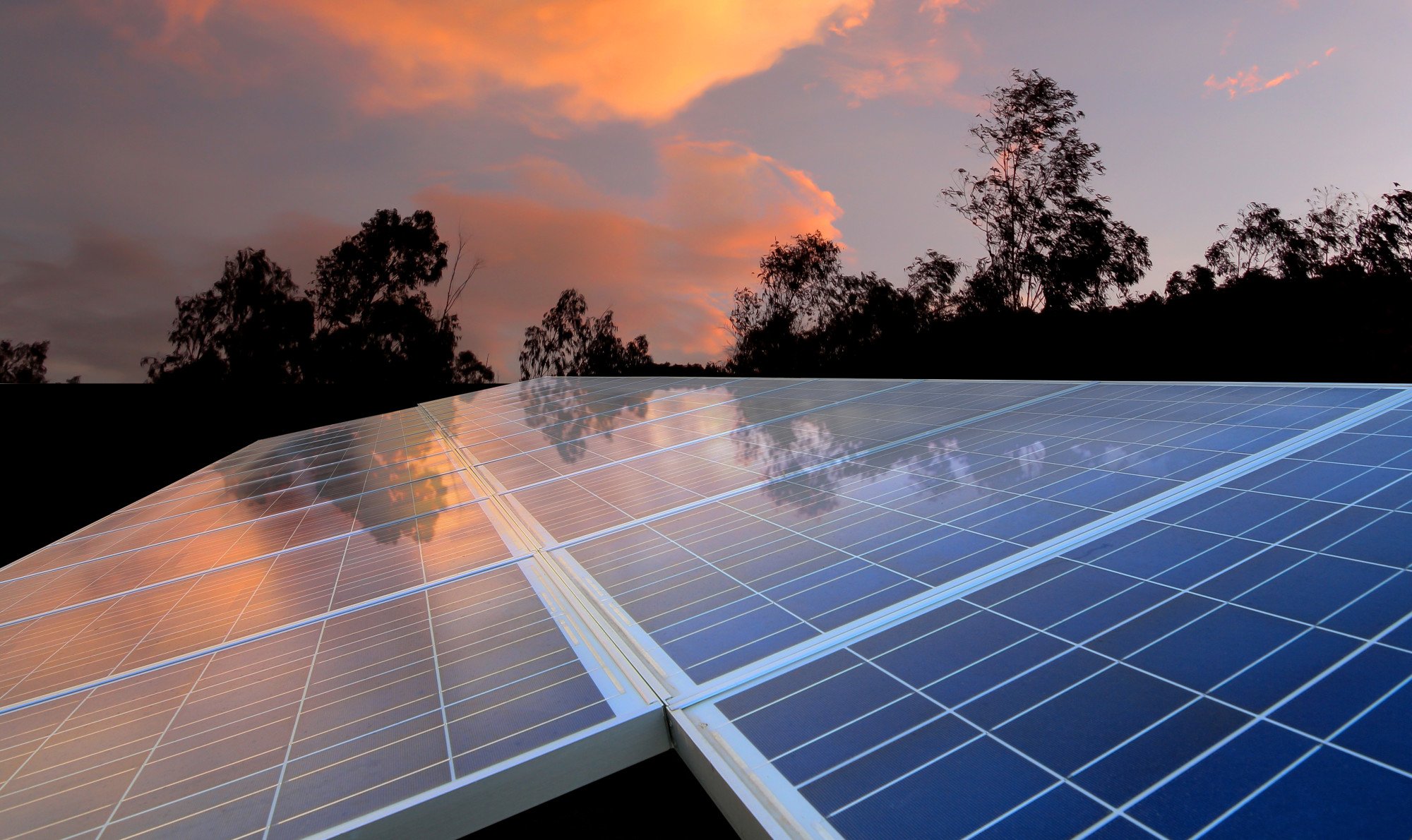
Do Solar Panels Work on Cloudy Days or at Night? Browning Electric
Many times solar proposals will account for first-year simulations, which may give you a misconception that this energy performance will be maintained over time when it will not. This is why choosing the solar panel with lower degradation rates is essential to keep performance over time as close as possible to the first year of installation .
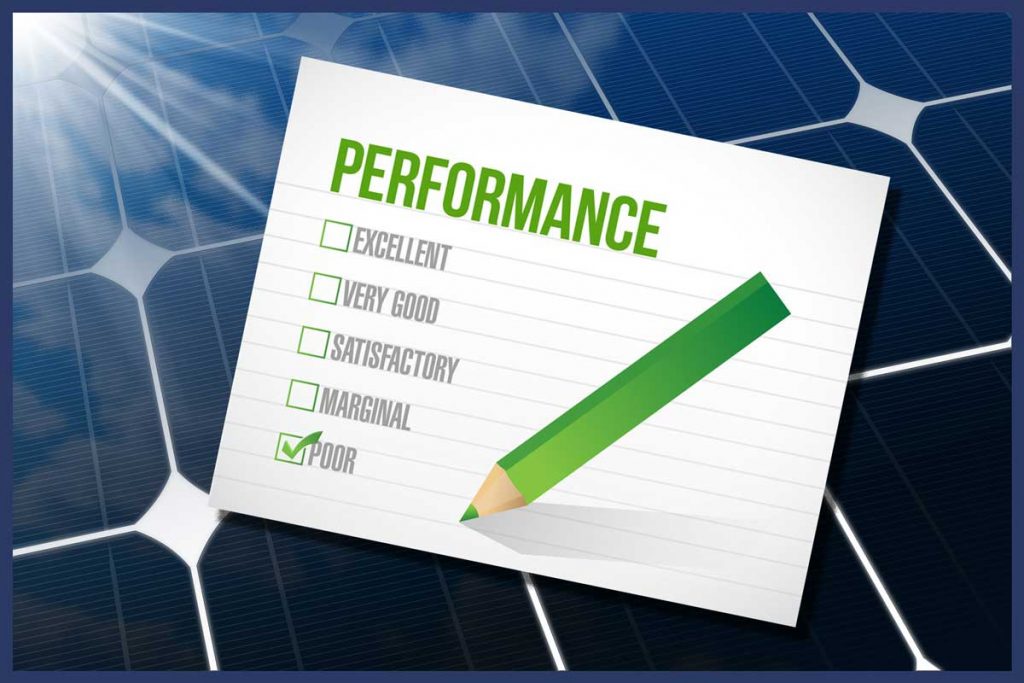
Poor Solar Panel Performance? Here's What To Check On Your Inverter.
Top brands compared in 2024. Solar panels available today can have efficiencies above 22%. Solar technology has made leaps and bounds toward higher efficiency. Just five years ago, the average solar panel efficiency in quotes through EnergySage was 19%. In 2024, the average efficiency is about 21%, which translates to 10% more electricity.
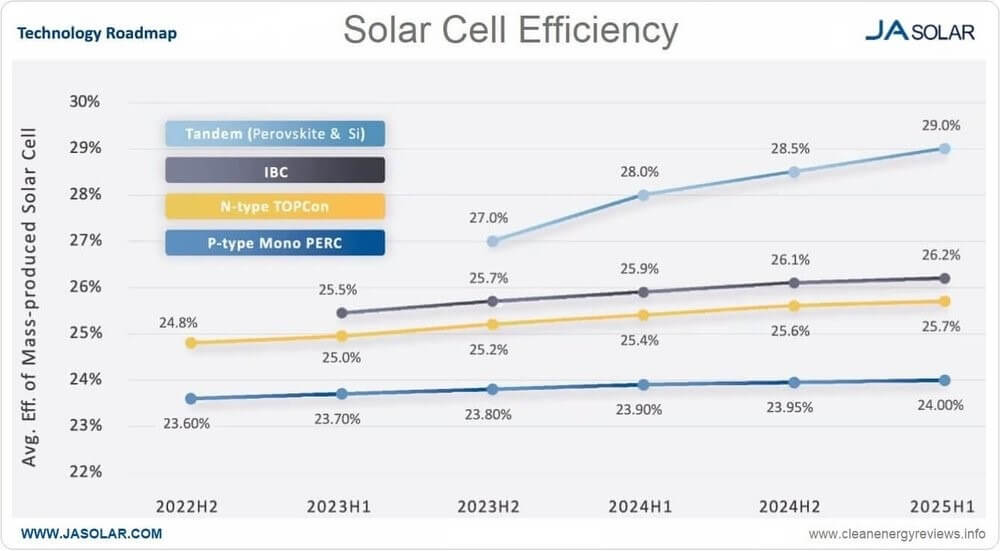
2023 Yılı En Verimli Güneş Panelleri My Enerji Solar
The degradation rate is the percentage of power output that a solar panel loses each year. On average, solar panels degrade at a rate of about 0.5% per year. Solar panels typically experience a gradual decrease in performance over time due to various factors such as aging, environmental conditions, and material degradation.

Seasonal Variations in Solar Panel Performance Insolation Energy
How does solar panel degradation affect performance over time? Over time, solar panel efficiency declines due to degradation, resulting in a gradual decrease in energy output. On average, panels degrade at a rate of about 0.5% to 1% annually.
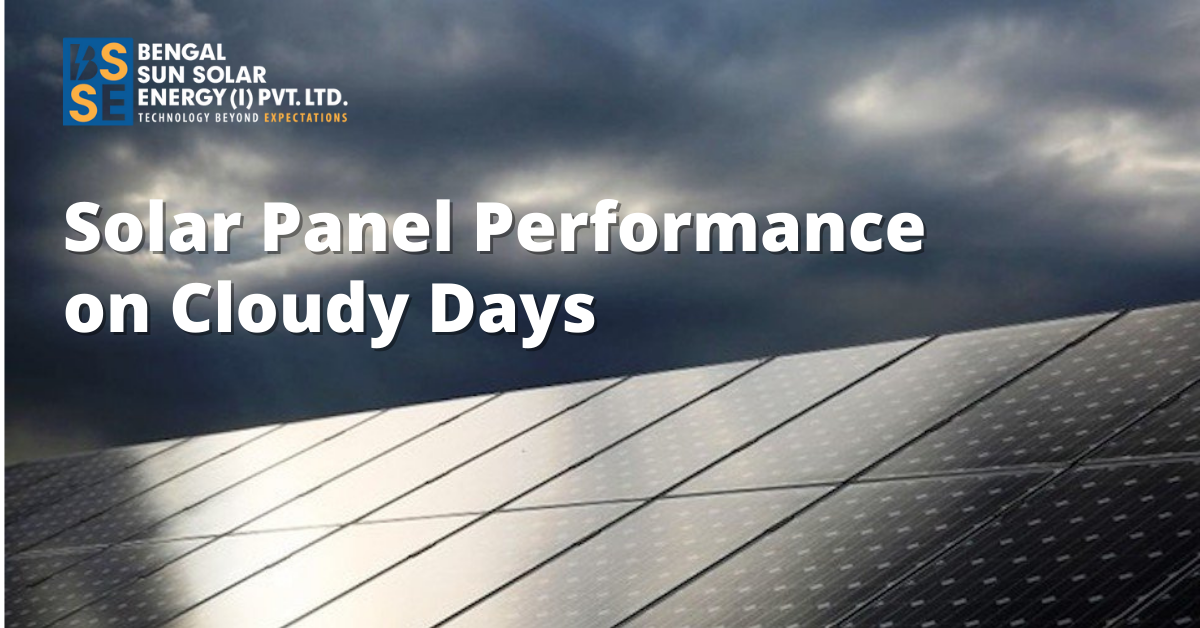
Solar Panel Supplier In Kolkata BSSE
Cost of Solar Panels Over Time Graph. Since its emergence, the cost of solar panels has experienced a downtrend, making it a cost-effective natural energy source for mankind. The following general trends describe the changes in panel costs over time. 1. Opening Costs (1975 - 1990): In the initial days solar panel technology was new and.
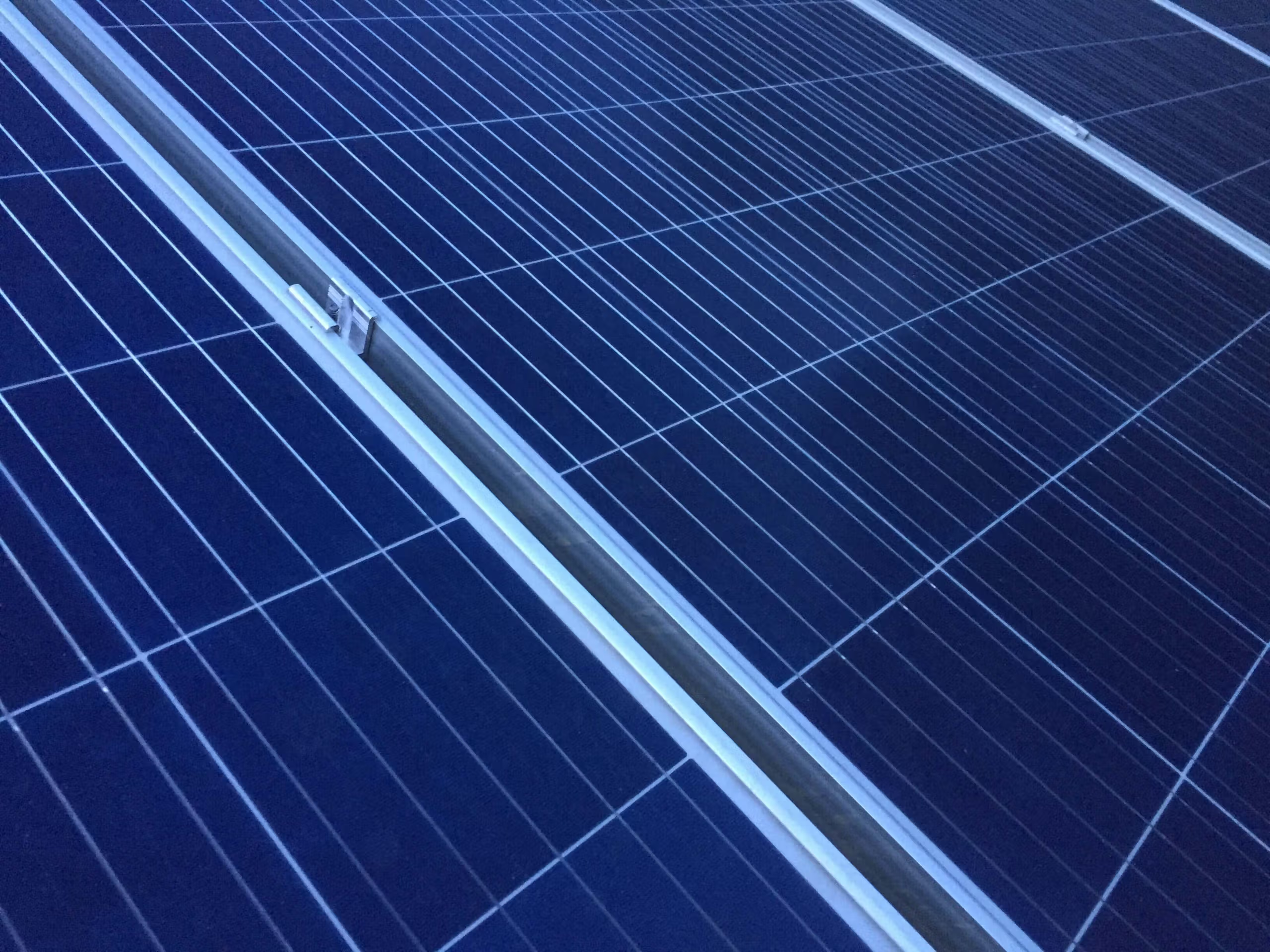
Everything You Need to Know about Solar Panel Warranties
Solar Performance and Efficiency. The conversion efficiency of a photovoltaic (PV) cell, or solar cell, is the percentage of the solar energy shining on a PV device that is converted into usable electricity. Improving this conversion efficiency is a key goal of research and helps make PV technologies cost-competitive with conventional sources.

Going Solar Chapter 9 Know Your Solar PV Cells performance under the heat Green Sarawak
2015: SunPower hits an efficiency of 22.8% with their commercial solar cells made from silicon. 2016: SunPower breaks their previous record with a commercial silicon solar panel that has 24.1% efficiency. 2019: Solar Frontier achieves an efficiency of 23.35% in their thin-film solar cell technology. 2019: Researchers at the National Renewable.

6 Ways to Optimize Your Residential Solar Panel Performance
Yes, solar panel performance warranties account for efficiency loss and provide a maximum power loss per year throughout the warranty term. The average degradation is 2.5% in the first year and then 0.5% per year after that. That means you're guaranteed to retain 97.5% efficiency after one year and 85.5% after 25 years.

Solar Panel Review / Comparison / Performance Part 2/4 YouTube
Thirdly, temperature fluctuations notably impact solar panel performance over time. High temperatures reduce voltage output from photovoltaic cells, while low temperatures increase it slightly but reduce current flow across them. Such changes affect overall energy production and therefore decrease panel efficiency.

Blog countyelec
The last decade has shown a sharp, though now steadying, decline in costs, driven largely by photovoltaic (PV) module efficiencies (now 19.5%, up from 19.2% in 2019) and hardware and inverter costs. Since 2010, there has been a 64%, 69%, and 82% reduction in the cost of residential, commercial-rooftop, and utility-scale PV systems, respectively.

Solar Panel Lifespan and Degradation Curve Smart Solar Energy
Now, let's look at how panel efficiency degrades over time. In general, solar panels will lose some efficiency over the years. For instance, there's a 2.5% dip in efficiency during the first year. After that, it drops by about 0.5% per year. But don't worry, even after 25 years, your panels will still be around 85.5% efficient.
- Caldera Roca Sara 24 24 Presion
- Control Non Stop Dots Lines
- Club De Pádel Nautic Pádel
- No Puedo Abrir Pdf En Mi Móvil
- Almacenes Laura Ropa Interior En Bucaramanga Por La Carrera 33
- Cargador Carga Rapida Xiaomi 33w
- Frutas Diablo One Piece
- Descartes Frases Yo Soy Yo Y Mi Experiencia
- Guitar Accords Tell Me Somthing Boy
- Cursos Del Sef Para Trabajar En El Aeropuerto De Corvera